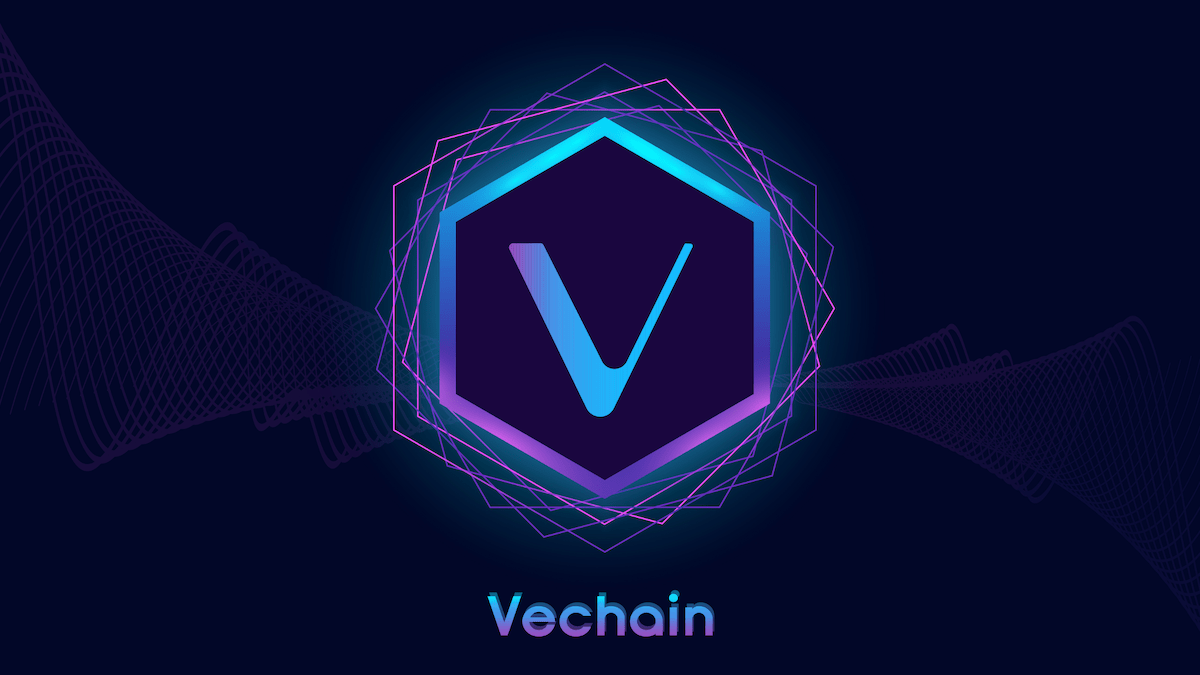A VeChain NFT was used to monetize inventory on the blockchain, marking the first transaction of its kind. The NFT mint is part of an initiative that will see creditworthy businesses raise capital without debt. This will happen by monetizing their inventory on the blockchain.
The mint, worth about 1.5 million euros, took place towards the end of October. However, it became public knowledge recently after VeChain shared details on their official Twitter. According to the tweet, the mint represents “the actual inventory of an Italian automobile company.” Some have speculated it might be one of the top car brands based in Italy, such as Ferrari or Lamborghini.
How The VeChain NFT Came About
The VeChain NFT mint is the result of a collaboration with SupplyMeCapital and months of hard work. Back in June, the two announced they had struck a strategic alliance creating the “first of its kind Web3” inventory monetization system. One which would make use of stablecoins, NFTs, and blockchain technology.
By allowing businesses to monetize their inventories on the blockchain, the initiative provides “companies with entirely new kinds of economic services.”
The first phase of the collaboration involved developing a proof-of-concept platform. One that would allow for the minting of the VeChain NFT for the automaker. With the goal accomplished, the plan is to move on to phase two. Phase two will see the development of a full Inventory Monetization Platform by the end of the year.
Also, there will be a roadmap outlining the Web3 features of the platform. These include “the issuance of Non-Fungible Tokens (“NFT”) that represent digital ownership of physical items, B2B marketplaces, decentralized financial applications and an overall governance protocol, the platform promises to unlock brand new capabilities for manufacturing and trading companies.”
The VeChain blockchain will also use the second phase to mint “phygital” (physical + digital) NFTs. Here, inventory monetization transactions are funded by multiple liquidity providers, such as crypto asset managers and retail investors.
Credit: Source link
































